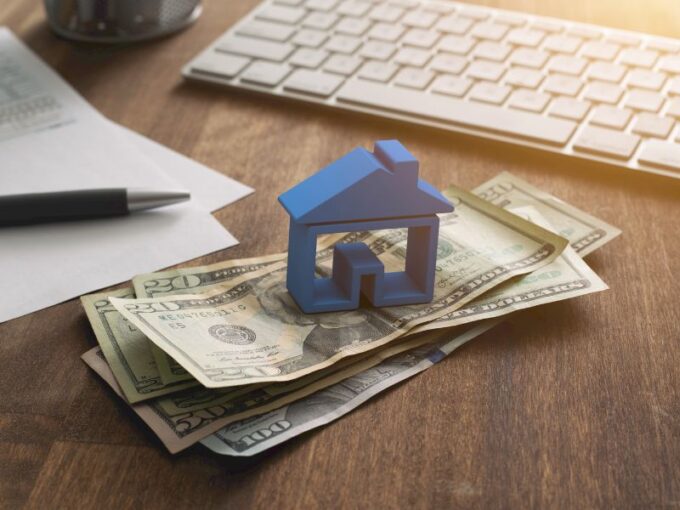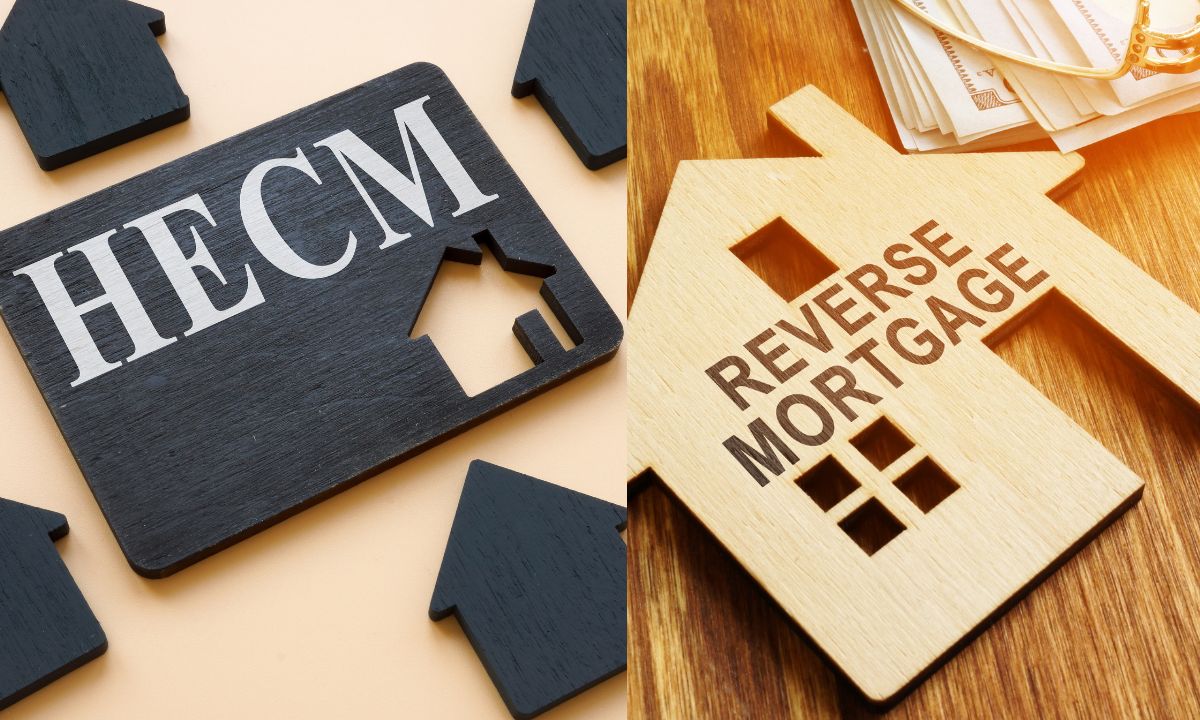
xr:d:DAFy_IbGDXA:114,j:7740974892154914161,t:23122122
Poseer una casa es un hito significativo que conlleva una multitud de consideraciones financieras. Más allá del orgullo de ser propietario, existen beneficios e deducciones fiscales sustanciales disponibles para quienes se embarcan en este viaje. Exploraremos hechos clave sobre hipotecas e impuestos, centrándonos en las deducciones, créditos y beneficios que pueden hacer de la propiedad de una vivienda una decisión financieramente inteligente.
Deducción de Intereses Hipotecarios: Una Ventaja Primordial para los Propietarios
Uno de los beneficios fiscales más notables para los propietarios es la deducción de intereses hipotecarios. Esta deducción permite a los propietarios deducir los intereses pagados en su hipoteca de su ingreso imponible. La razón detrás de esto es fomentar la propiedad de vivienda al hacerla más atractiva financieramente. Los propietarios generalmente pueden deducir los intereses pagados en hipotecas de hasta $750,000 (o $1 millón si la hipoteca se originó antes del 15 de diciembre de 2017).
Deducciones de Impuestos a la Propiedad: Aliviando la Carga de la Propiedad
Los impuestos a la propiedad pueden ser un gasto significativo para los propietarios, pero la ventaja es la capacidad de deducir estos impuestos de los impuestos federales sobre la renta. Los propietarios pueden incluir los impuestos estatales y locales sobre la propiedad al calcular sus deducciones detalladas. Esta deducción es particularmente valiosa para aquellos que viven en áreas con tasas de impuestos a la propiedad más altas.
Deducción de Puntos: Revelando el Costo del Financiamiento
Al asegurar una hipoteca, los propietarios a menudo pagan puntos para reducir su tasa de interés. La buena noticia es que estos puntos se pueden deducir en su declaración de impuestos. Cada punto equivale generalmente al 1% del monto del préstamo, y la deducción se puede reclamar en el año en que se tomó la hipoteca.
Deducción de Oficina en Casa: Un Espacio de Trabajo Dentro de Tu Santuario
Para aquellos que trabajan desde casa, puede haber una oportunidad de reclamar una deducción por oficina en casa. Si bien hay criterios estrictos para la elegibilidad, si una parte de tu hogar se utiliza exclusivamente para fines comerciales, puedes deducir los gastos relacionados, incluyendo una parte de los intereses de tu hipoteca.
Créditos para Compradores de Vivienda por Primera Vez: Fomentando Nuevos Ingresos
Los gobiernos a menudo ofrecen incentivos para los compradores de vivienda por primera vez. Estos pueden presentarse en forma de créditos fiscales, ayudando a compensar los costos iniciales asociados con la compra de una casa. Asegúrate de explorar programas locales y federales que puedan ofrecer asistencia financiera o créditos para quienes dan sus primeros pasos hacia la propiedad.
Mejoras Ecológicas: Descuentos Fiscales Amigables con el Medio Ambiente
Realizar mejoras ecológicas en tu hogar no solo beneficia al medio ambiente, sino que también puede llevar a créditos fiscales. Instalar sistemas de energía eficiente, como paneles solares o ventanas eficientes energéticamente, puede calificarte para créditos fiscales federales y estatales, devolviéndote dinero.
Ser propietario de una vivienda conlleva una serie de ventajas financieras, especialmente en lo que respecta a los impuestos. La deducción de intereses hipotecarios, las deducciones de impuestos a la propiedad y varios otros créditos pueden reducir significativamente la carga financiera de la propiedad. Al embarcarte en este viaje, es crucial mantenerse informado sobre el panorama siempre cambiante de las leyes fiscales y buscar asesoramiento profesional para asegurarte de aprovechar al máximo los beneficios disponibles. Al final, el sueño de ser propietario puede ser no solo emocionalmente gratificante, sino también un movimiento financiero inteligente.
 Saving for a down payment can feel overwhelming, but with some creative strategies, you can make it happen faster than you think. Whether you’re a first-time homebuyer or looking to upgrade, these tips can help you reach your goal and set you on the path to homeownership.
Saving for a down payment can feel overwhelming, but with some creative strategies, you can make it happen faster than you think. Whether you’re a first-time homebuyer or looking to upgrade, these tips can help you reach your goal and set you on the path to homeownership. Retirement planning is about ensuring you have a steady income stream to support yourself comfortably. For many retirees, tapping into the equity in their homes becomes an attractive option. Two terms often come up in this context: reverse mortgage and Home Equity Conversion Mortgage (HECM). Although they are related, there are some critical differences between them. Understanding these options can help you make an informed decision about what suits your financial needs.
Retirement planning is about ensuring you have a steady income stream to support yourself comfortably. For many retirees, tapping into the equity in their homes becomes an attractive option. Two terms often come up in this context: reverse mortgage and Home Equity Conversion Mortgage (HECM). Although they are related, there are some critical differences between them. Understanding these options can help you make an informed decision about what suits your financial needs.